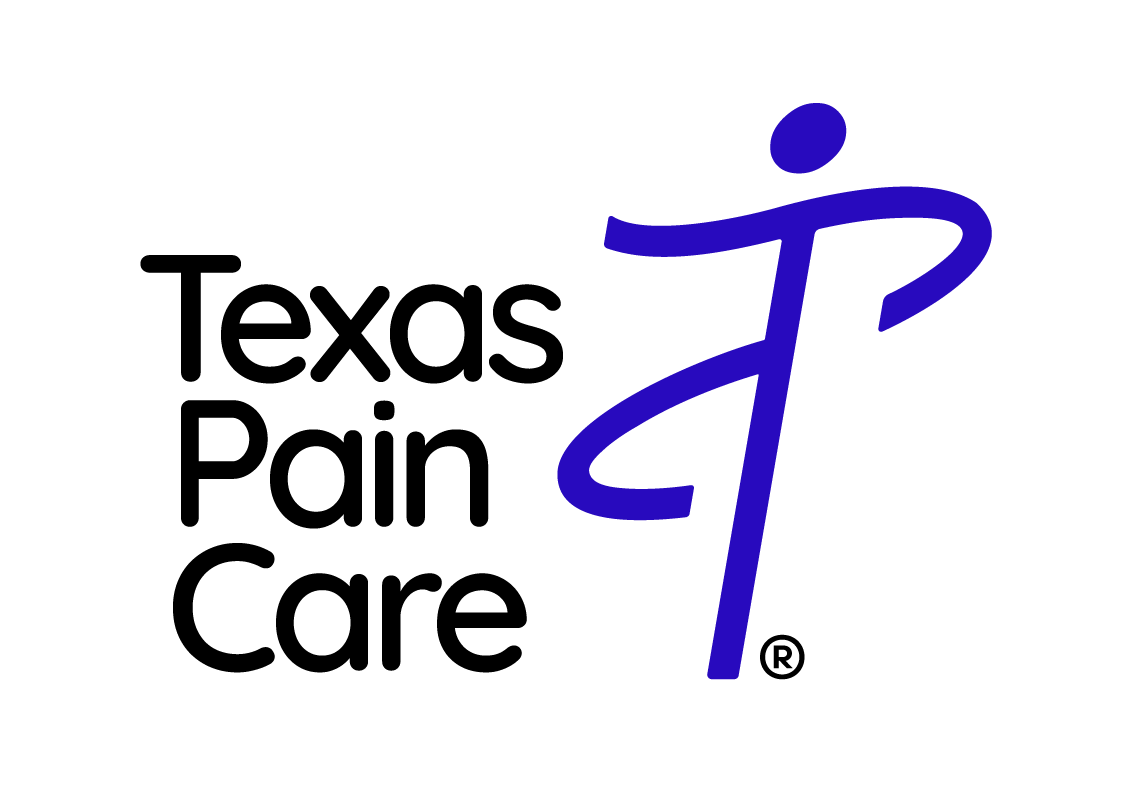
Patients suffering from chronic pain often experience depression, anxiety, and difficulty because pain affects their quality of life and the pain medications can have significant side effects. We are partnering with psychiatrists, psychologists, and counselors in our community to provide tailored psychological treatment and addiction care for the unique needs of patients with chronic pain in Texas.





